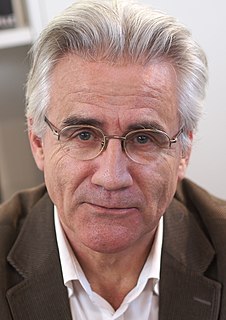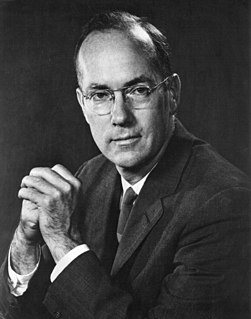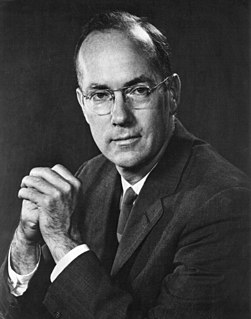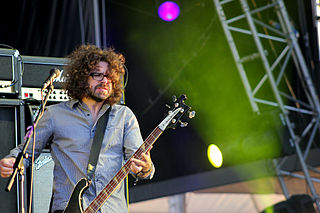A Quote by Edward Teller
The main purpose of science is simplicity and as we understand more things, everything is becoming simpler.
Quote Topics
Related Quotes
It is often claimed that knowledge multiplies so rapidly that nobody can follow it. I believe this is incorrect. At least in science it is not true. The main purpose of science is simplicity and as we understand more things, everything is becoming simpler. This, of course, goes contrary to what everyone accepts.
Everything is complex and everything is simple. The rose has no why attached to it, it blooms because it blooms, how no thought of itself, or desire to be seen. What could be more complicated than a rose for someone who wants to understand it? What could be simpler for someone who wants nothing? The complexity of thinking, the simplicity of beholding.
The whole point of science is that most of it is uncertain. That's why science is exciting--because we don't know. Science is all about things we don't understand. The public, of course, imagines science is just a set of facts. But it's not. Science is a process of exploring, which is always partial. We explore, and we find out things that we understand. We find out things we thought we understood were wrong. That's how it makes progress.
Science, with its experiments and logic, tries to understand the order or structure of the universe. Religion, with its theological inspiration and reflection, tries to understand the purpose or meaning of the universe. These two are cross-related. Purpose implies structure, and structure ought somehow to be interpretable in terms of purpose.


































